The BMO Climate Institute supports our clients by engaging with industry, the public sector, academia and investors, and serves as a resource on decarbonization, resilience, social impact, and biodiversity.
Featured Publications
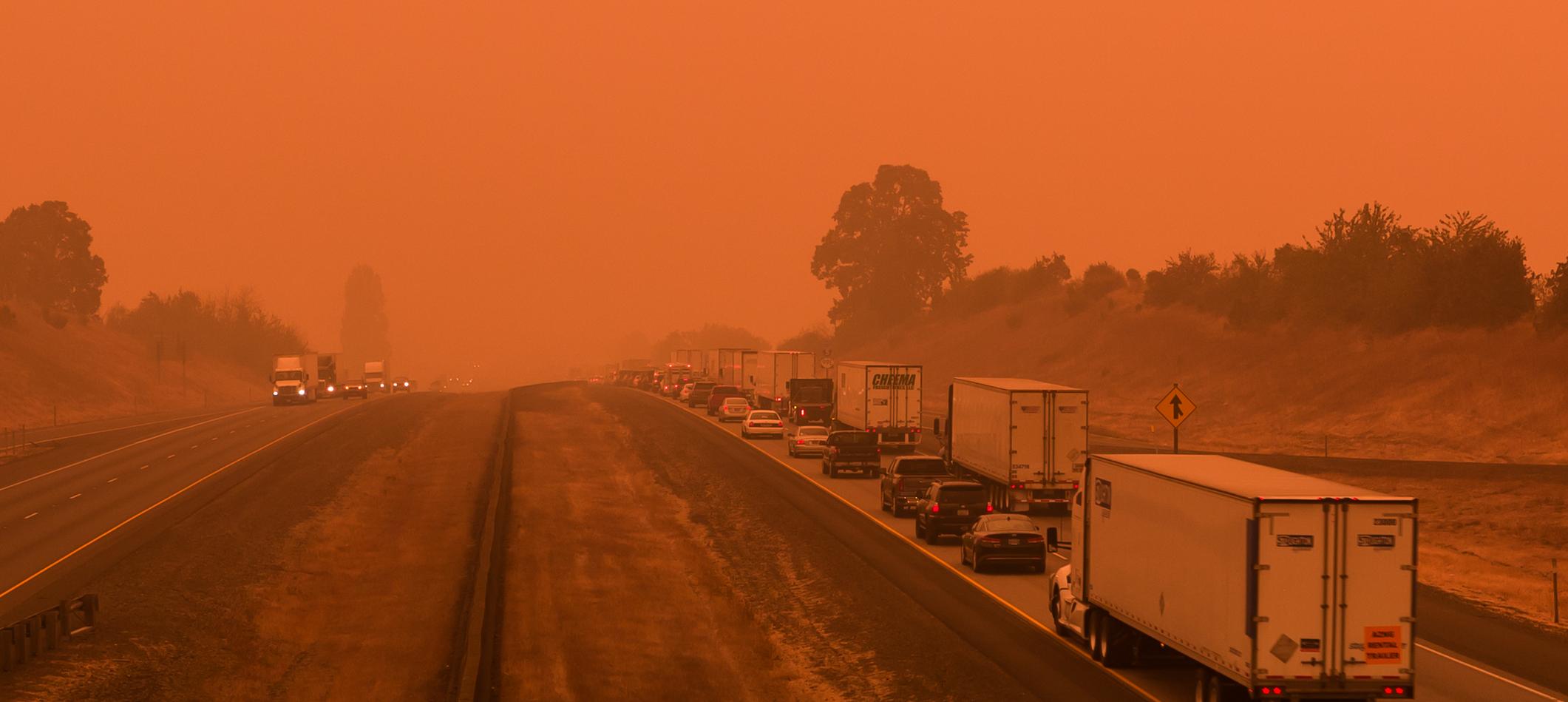
Many corporate leaders in Canada and the U.S. have been creating climate mitigation plans to addres…
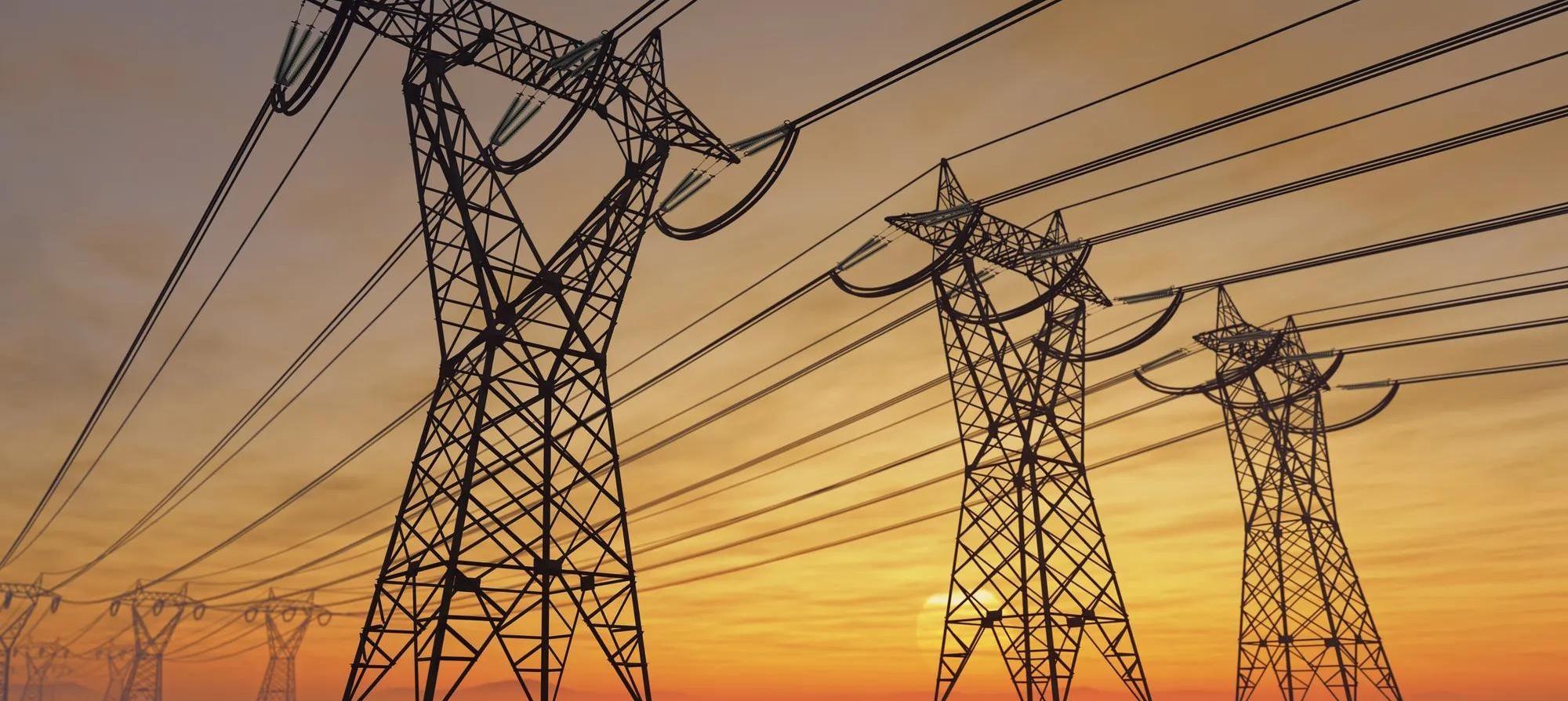
It might seem obvious to say that the energy transition will require a lot of innovation to happen.…

In the latest episode of Sustainability Leaders, I sit down to discuss growing water-related busine…
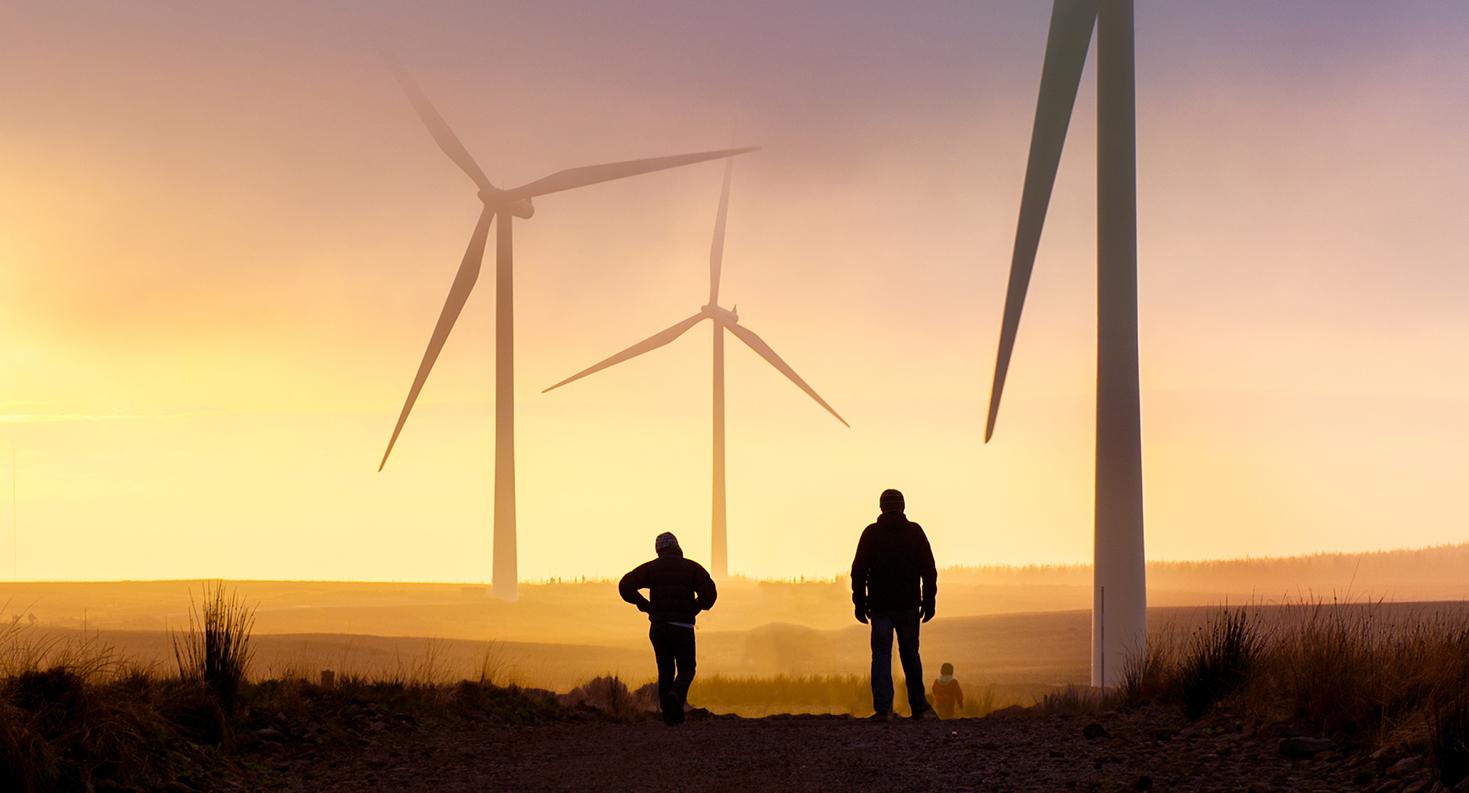
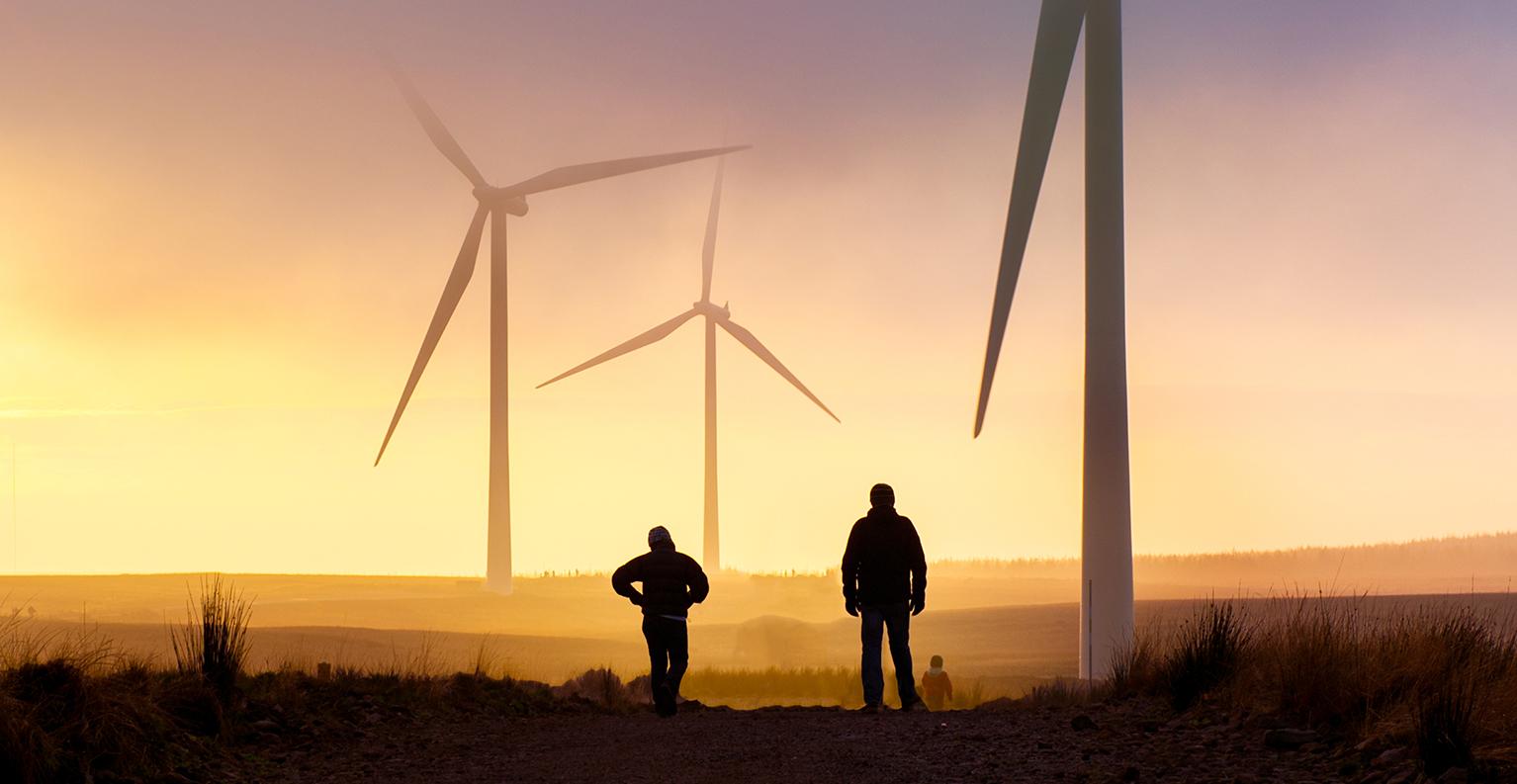
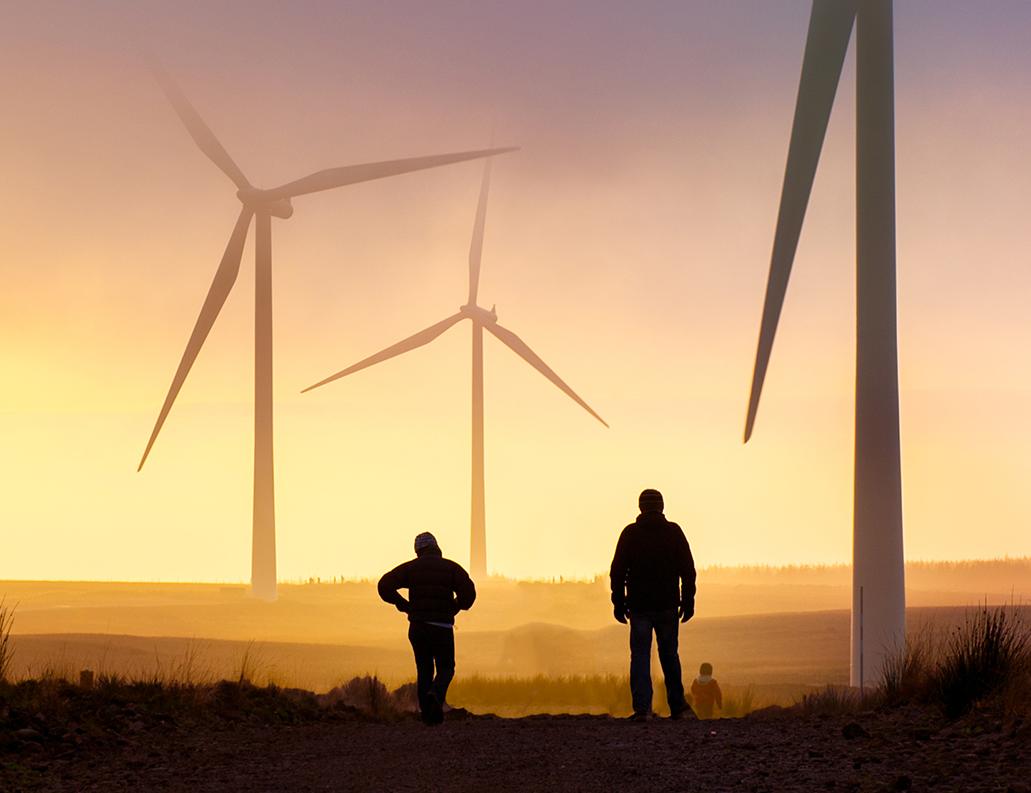
Sustainability Leaders
This award-winning BMO podcast explores the rapidly evolving intersection of corporate sustainability and climate change through interviews with business leaders, investors, researchers, and NGOs.
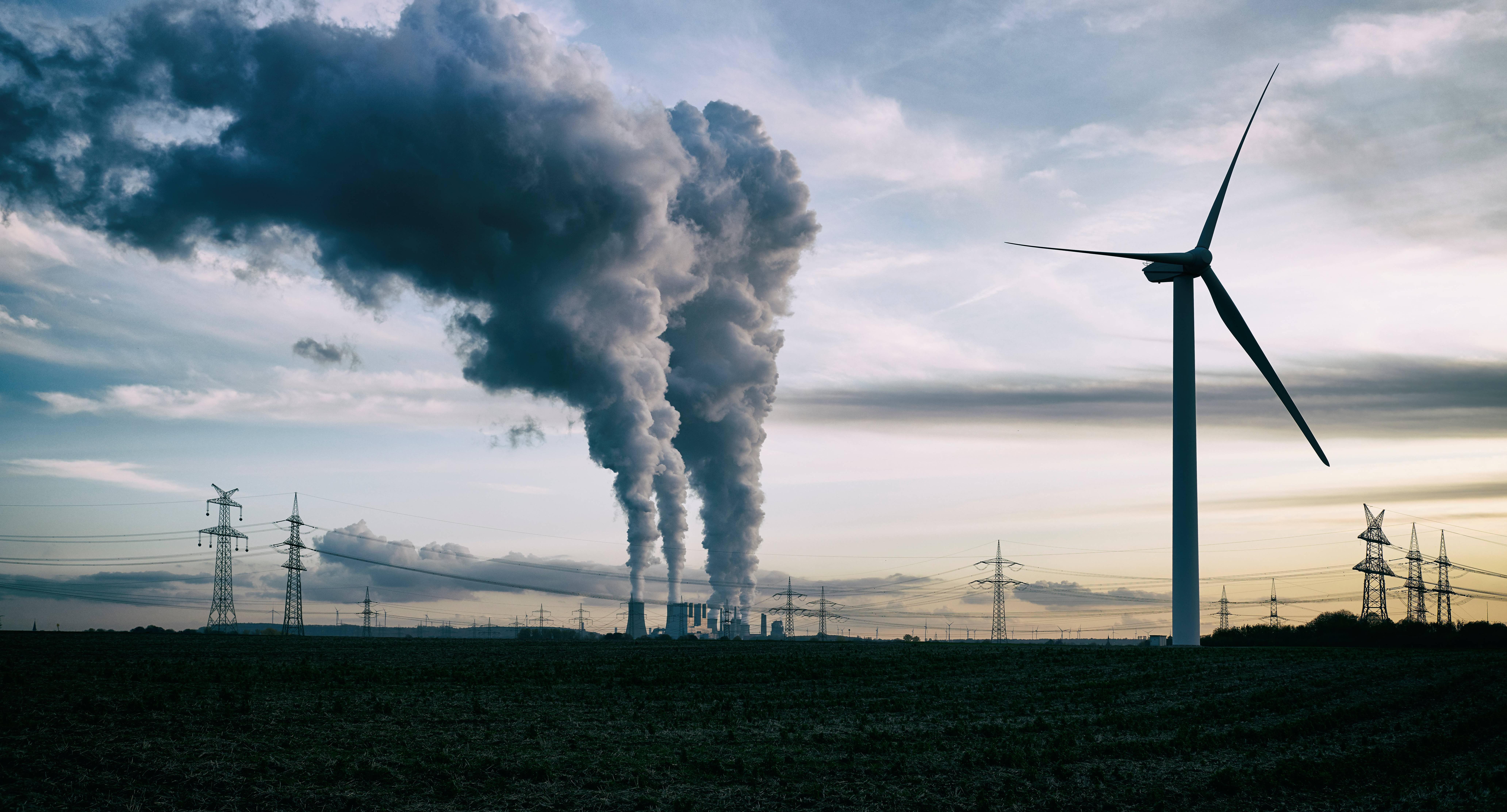
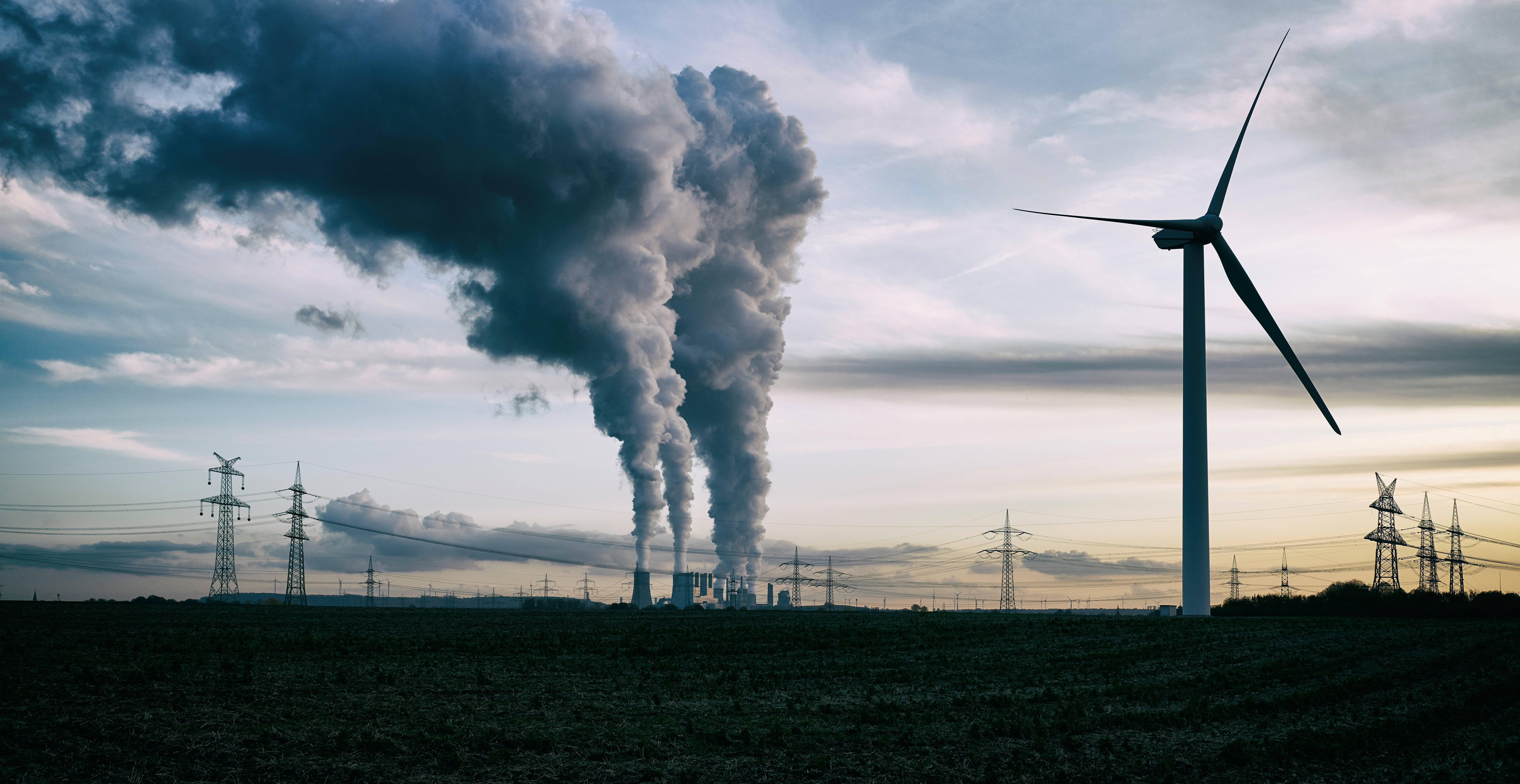
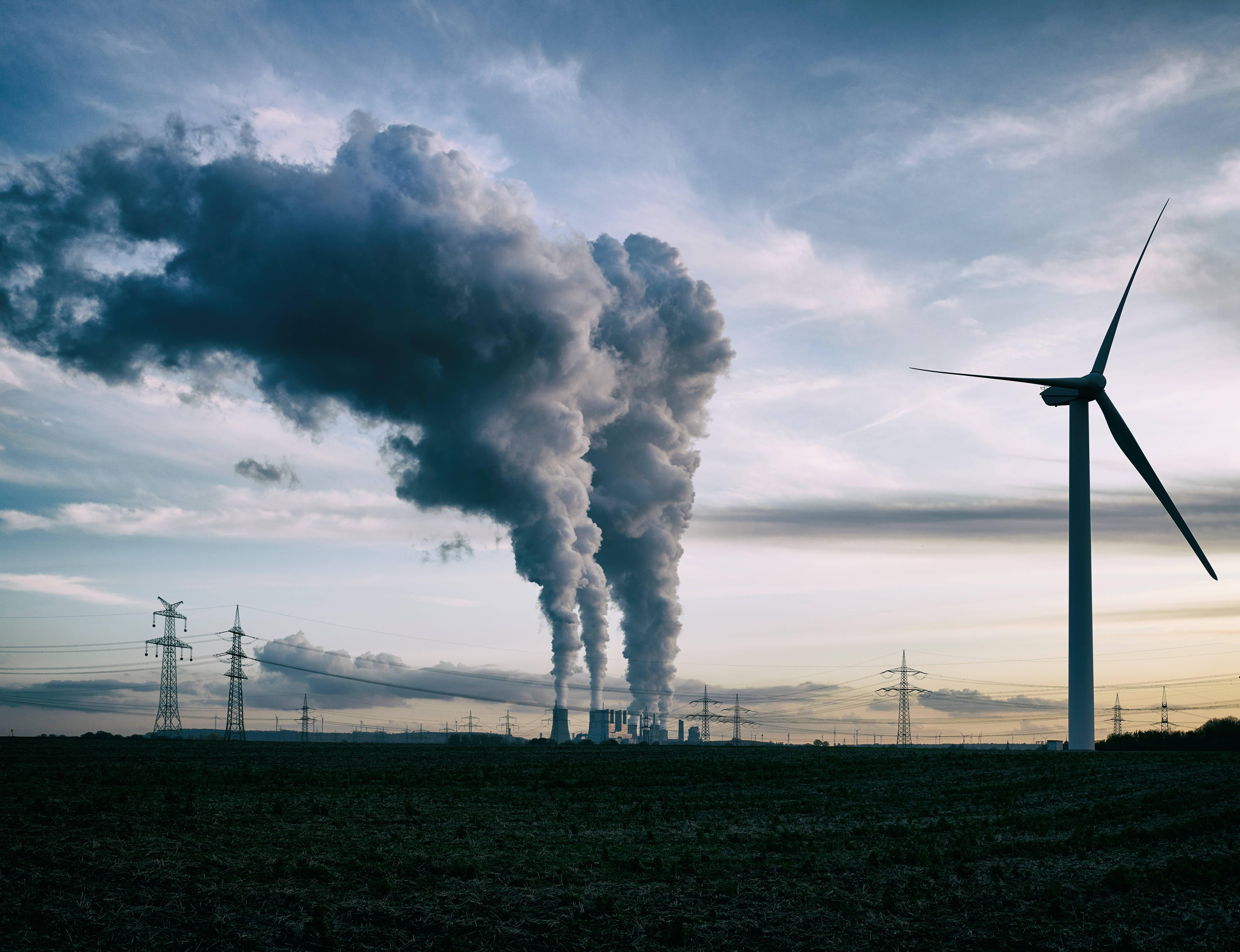
BMO’s Climate Ambition
We recognize the critical role that we, as a financial institution, play in catalyzing climate action, financing a just transition, and working with our clients to identify the risks and opportunities of the transition. Learn about how we are pursing our ambition to be our clients’ lead partner in the transition to net zero.
